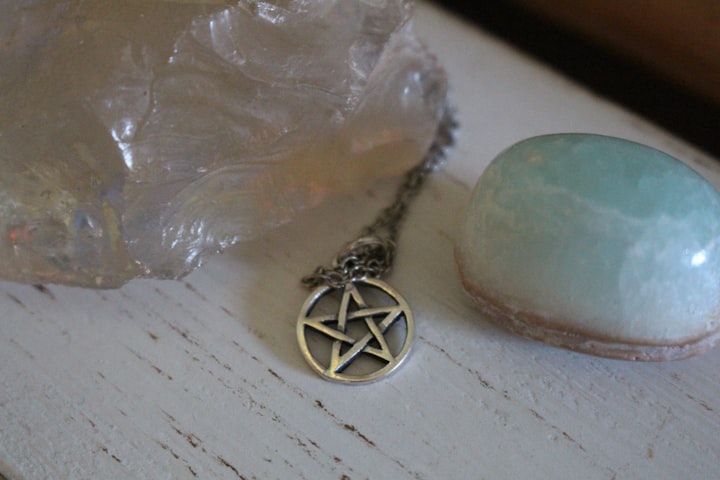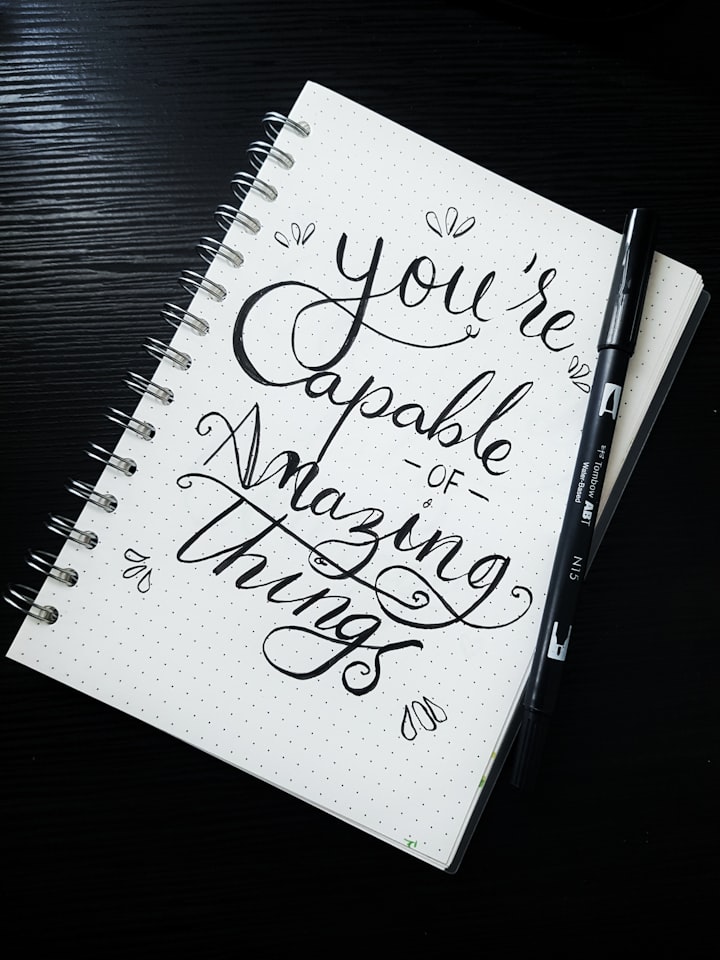What Is Wicca? An Expert In Modern Witchcraft Explains.
Wicca and witchcraft are popping up in pop culture these days, from teenage witches on TikTok to a Marvel comic book superhero named Wiccan.

Wicca and witchcraft are popping up in pop culture these days, from teenage witches on TikTok to a Marvel comic book superhero named Wiccan. It even prompted the New York Times to ask, “When did everyone become a witch?”
Wicca, an alternative minority religion whose followers call themselves witches regardless of gender, emerged in Great Britain in the 1940s. Wicca and witchcraft are part of the larger contemporary pagan movement that includes druids and pagans, among others. All of these spiritual paths, as pagans call them, base their practices on pre-Christian religions and cultures.
Since Wicca first arrived in the US in the 1960s, it has been growing – sometimes by leaps and bounds, sometimes more slowly. It is estimated that there could be around 1.5 million witches in the United States
However, as I know from my own research spanning more than 30 years, not all witches refer to themselves as Wiccans. According to my latest survey data, approximately 800,000 Americans are Wiccans. The rising numbers in polls and the growth of groups like those on TikTok suggest that the religion continues to grow.
Related: Presenting Paganism To A Generation Of Spiritual Explorers
An independent practice
The religion differs from mainstream religions like Christianity in that it celebrates both a goddess and a god. Furthermore, Wicca lacks a formal institutional structure like a church and places more emphasis on ritual and direct spiritual experience than on faith. Followers refer to themselves as practitioners, not as believers.
An annual cycle of rituals known as the Sabbaths celebrates the beginning and the climax of each of the northern hemisphere’s four seasons. Each ritual encourages participants to celebrate the changes that the seasons bring in nature and to reflect on how those changes are reflected in their own lives.
For example, in Beltane – held on May 1st at the height of spring – Wiccans celebrate fertility both on earth and in people’s lives. The rituals are constructed in such a way that they not only celebrate the season but also bring the participant into direct contact with the divine.
Wiccans have an overarching rule: “Do not harm anyone and do what you want” and not a single religious text from which they draw their faith. Most Wiccans practice alone and can develop their own unique practice. Nevertheless, they are in regular contact, network on the Internet, and gather in large gatherings to perform rituals, learn from each other magical and spiritual practices, and enter what they believe to be a magical space in which they can more easily encounter and accept divinity.
A religion for the 21st century
Although many Wiccans claim to be inspired by ancient cultures such as pre-Christian Anglo-Saxon and Celtic traditions, it can very well be viewed as the religion of our time.
The goddess gives the divine a feminine face that appeals to feminists and those who are looking for “girl power”. Wiccans see divinity in nature, which resonates with growing environmental concerns, especially among young people.
Most Wiccans practice magic which they believe taps into a spirit world often referred to as “Otherworld”. Others think of magic as if it were leaning on an energy field that they believe surrounds us all.
Among other things, they perform magic to heal themselves and others or to find a new home or a new job, and they emphasize that magic must not cause harm. Magic is seen to change practitioners as well as their circumstances and encourage followers to develop and strengthen themselves.
Currently, there is an increase in the number of those without formal religious affiliation in the US, with just over a quarter of all Americans referring to themselves as spiritual but not religious.
As noted by sociologist Courtney Bender, many members of this group tend to avoid formal religious structures and instead engage in occult practices that encourage their self-development – in a way that mirrors Wiccan spiritual practices.
Thanks for reading!
Original post: https://maguspymander.com/what-is-wicca-an-expert-in-modern-witchcraft-explains/
Originally posted on my blog: https://maguspymander.com/
About the Creator
Christopher Harvey
I’m a long-time writer and musician. I love telling stories and writing poetry.






Comments
There are no comments for this story
Be the first to respond and start the conversation.